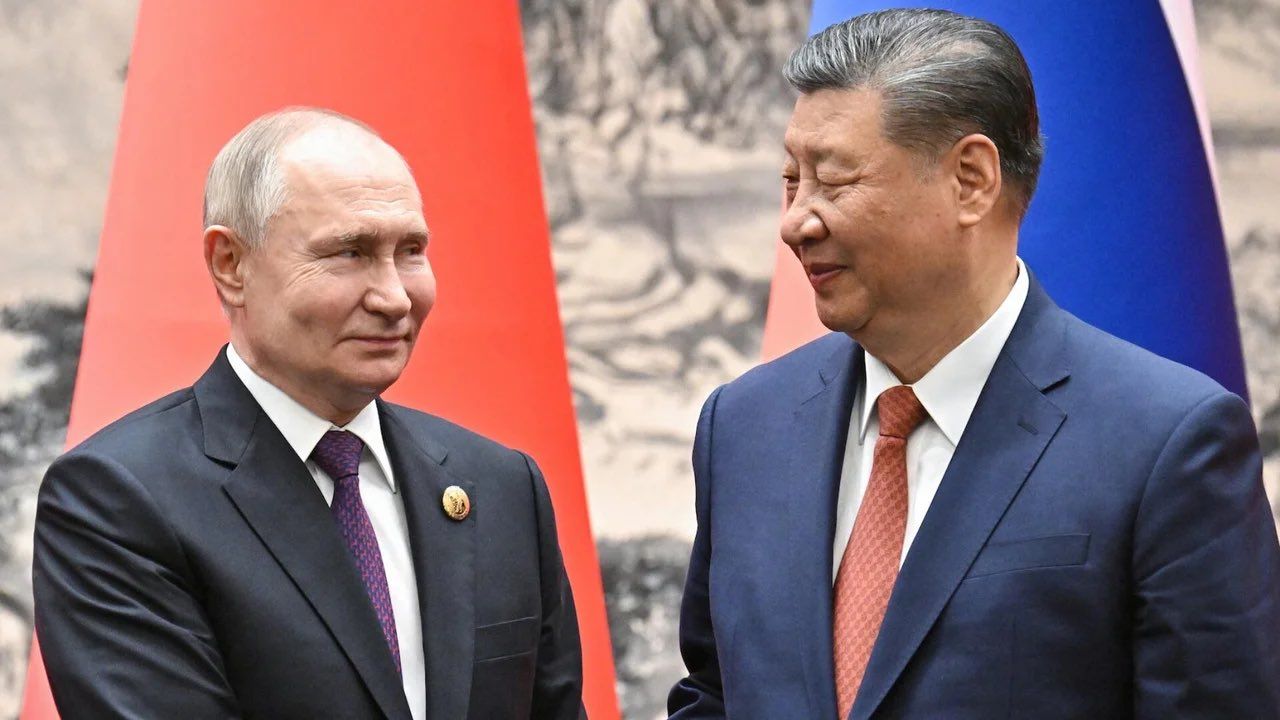VanEck has confirmed that China and Russia are officially settling select energy transactions using Bitcoin. The development indicates a departure from traditional dollar-based systems to digital assets in international commerce.
The announcement comes amidst escalating trade tensions, with the Trump administration’s aggressive tariff policies accelerating geopolitical fragmentation.
Trade War Drives Bitcoin Adoption
Using Bitcoin, China and Russia are signaling their strategic interest in bypassing the U.S. dollar-dominated financial system. The adoption is driven by the nations seeking neutral settlement rails to mitigate the risks posed by economic sanctions and trade weaponization.
This action follows an increasing trade conflict between the US and major world economies. President Donald Trump’s most recent round of tariffs, targeting products from the European Union and China, has stoked global trade tensions again.
China, in turn, imposed significant taxes on American goods, further aggravating the global economy.
Cryptocurrency Shifting Global Trade Markets
In addition to using Bitcoin for select energy transactions, Russia has already been using cryptocurrencies like Bitcoin and stablecoins for oil trade with China and India to circumvent Western sanctions.
Other countries, including Bolivia, have declared intentions to import power using cryptocurrency. The French utility EDF is also considering Bitcoin mining to profit from surplus power.
These regional developments demonstrate the transition of digital assets from speculative instruments to functional tools for energy trade.
They also question the supremacy of the U.S. dollar in global trade, which is a foundation of American economic might. Using Bitcoin (BTC) for settlement demonstrates the desire of certain countries to rely less on dollar-centric systems.
Moreover, the change supports Bitcoin’s position as a safe-haven asset during economic crises, motivated by its maturing volatility profile.
Although China and Russia’s use of Bitcoin is still in its infancy, it is a major step toward a multipolar financial system. If geopolitical tensions continue, more countries might follow suit, strengthening Bitcoin’s status as a strategic financial tool.
READ MORE: Melania Trump Team Quietly Sold $30M — What It Means for Meme Coins













